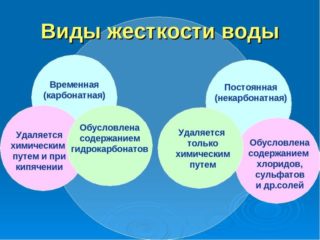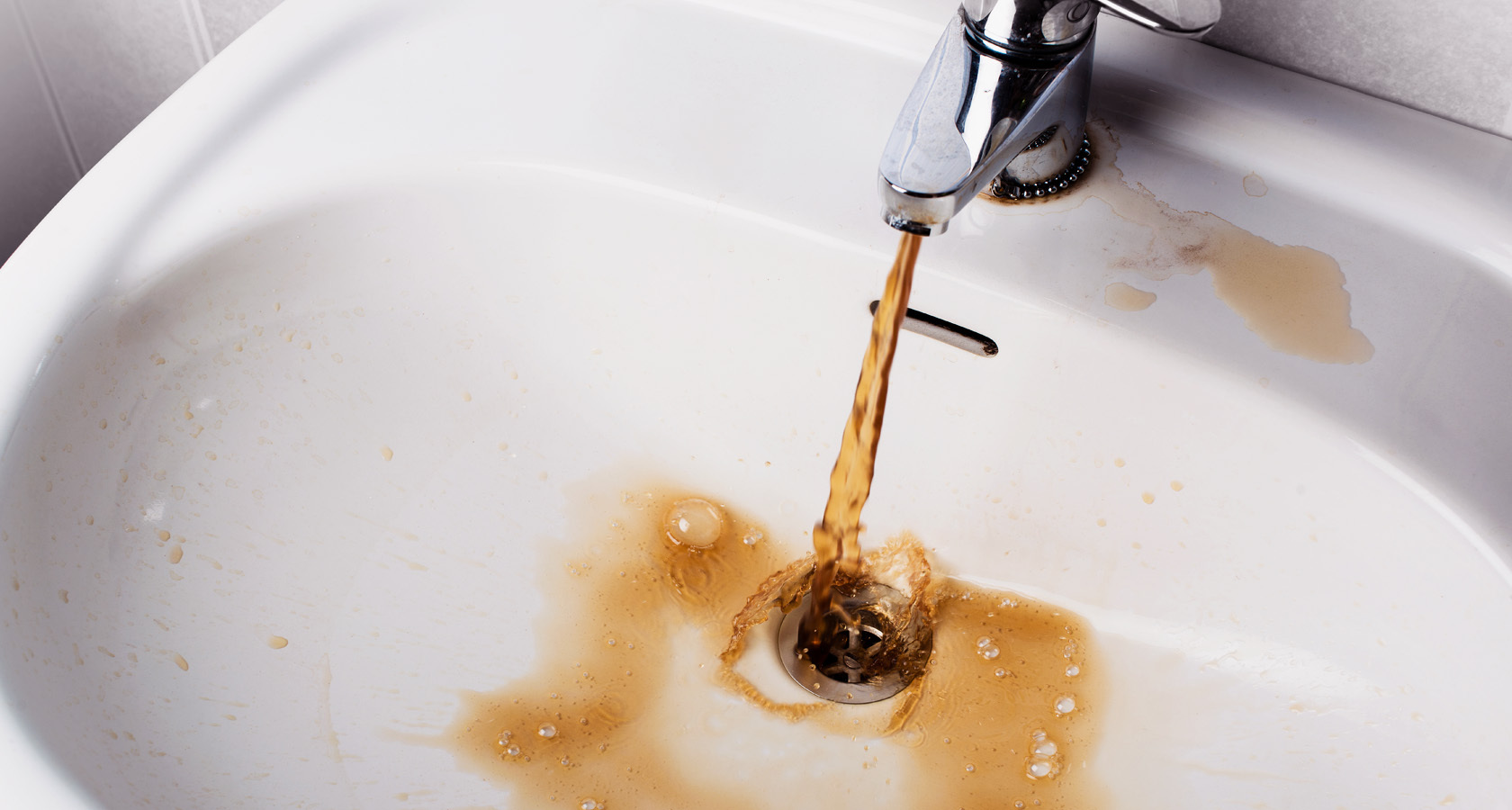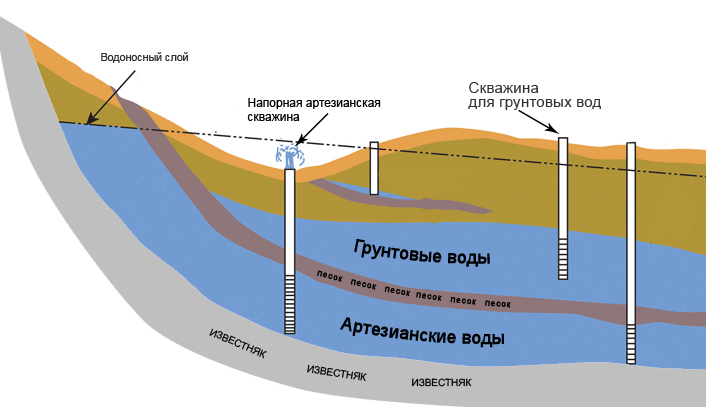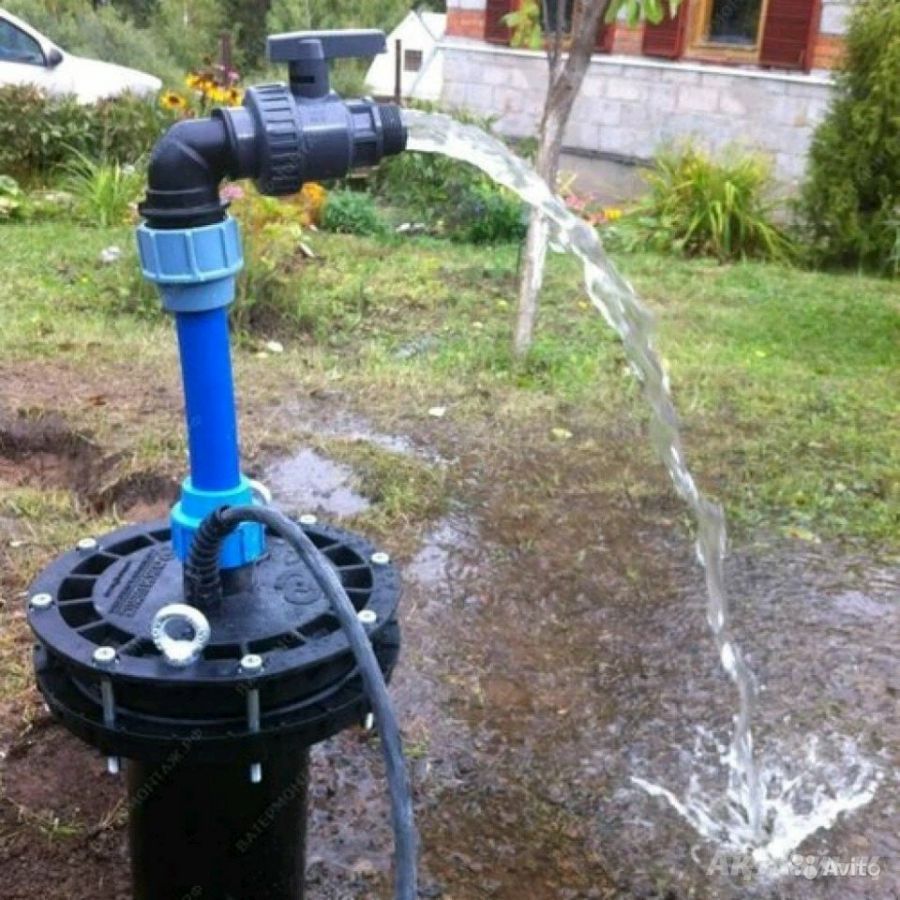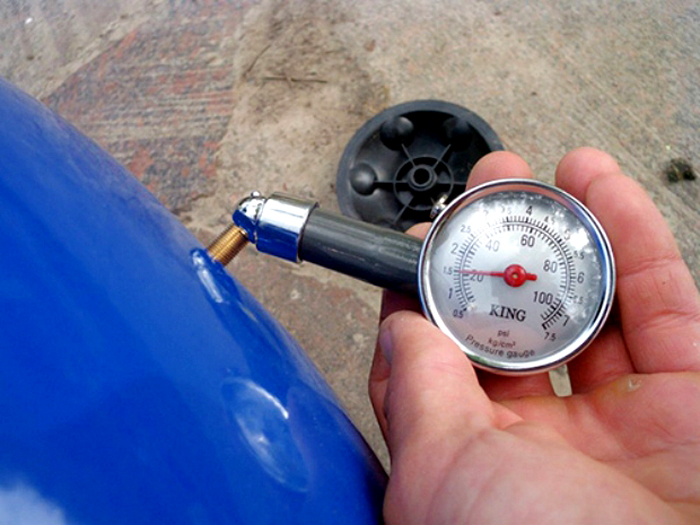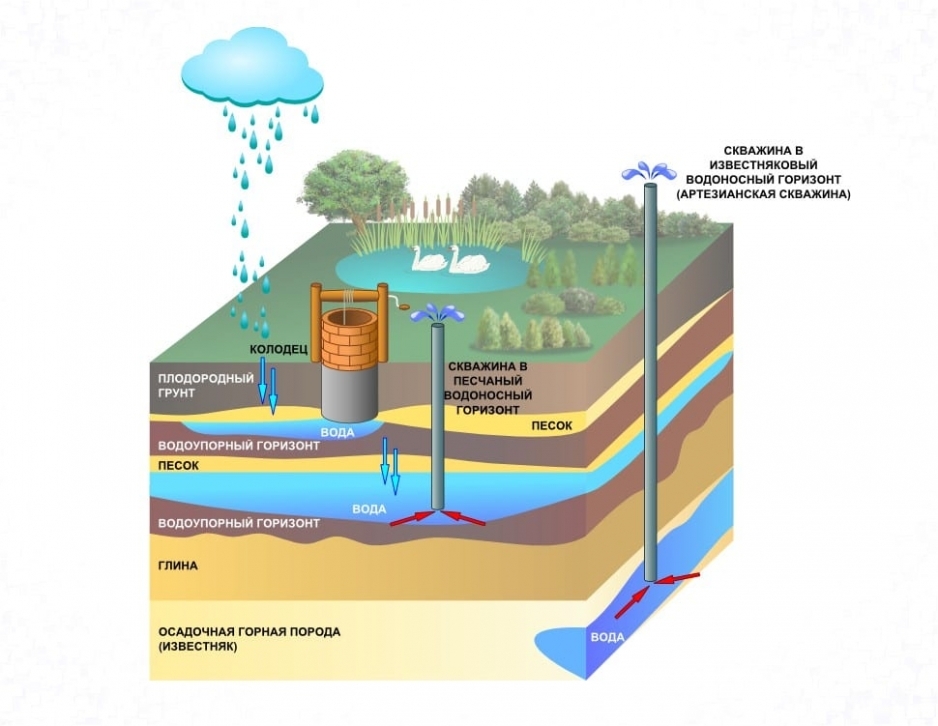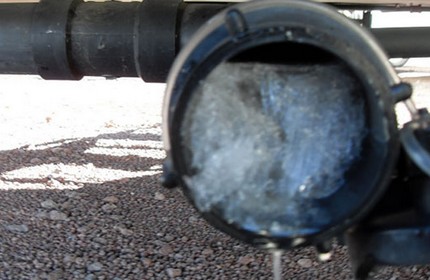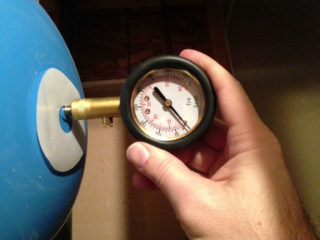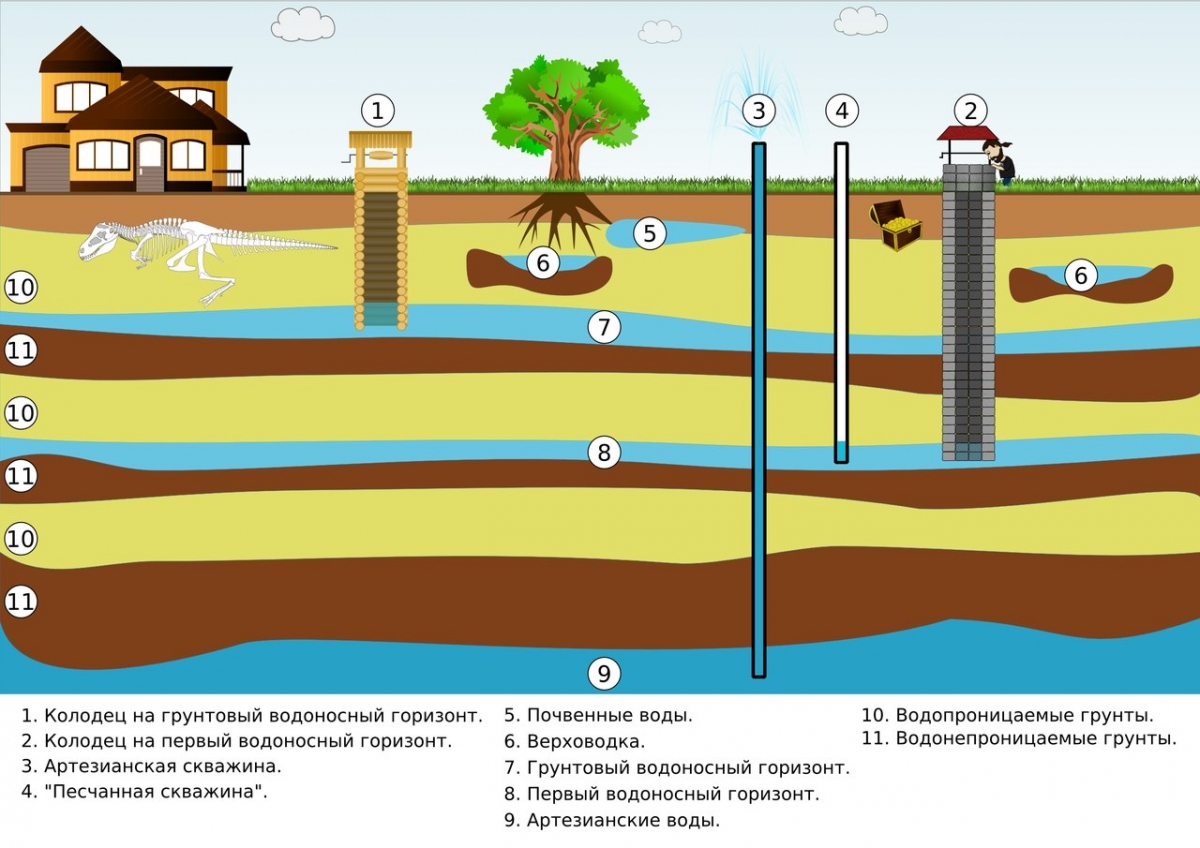The chemical composition of water from wells often does not meet the standards. The increased content of dissolved calcium, magnesium and iron salts makes it hard. When using such a liquid, scale appears on heating devices, and the condition of the skin worsens. Hard water in the well is suitable for irrigation, but in other cases it should be softened. Filters will help to bring the indicator back to normal.
The chemical composition of hard water
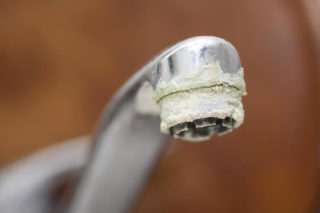
The high concentration of alkaline earth metal salts makes the water hard. It can contain carbonates, sulfates, chlorides of magnesium and calcium, mineral suspensions. The amount of impurities depends on the type of soil. According to the degree of hardness, there are three types of liquid:
- soft - up to 2 ° W;
- medium hardness - 2-10 ° W;
- hard - from 10 ° F.
The indicator evaluates the concentration of calcium and magnesium particles in water. At a value above 7 ° F, the liquid acquires a bitter taste, it cannot be drunk.
Types of stiffness
- Temporary - created by the presence of calcium and magnesium bicarbonates. The problem is solved by boiling; when heated, the salts disintegrate.
- Constant or static - arises from dissolved phosphates, chlorides, sulfates. It cannot be removed by boiling; you will need to soften the liquid with a special filter.
In more than 90% of cases, during chemical analysis in wells and wells, the liquid turns out to be with temporary stiffness.
Reasons for the appearance of impurities
Moisture is mineralized as it passes through the soil layers. If there is limestone, dolomite or gypsum deposits in the region, the liquid receives many impurities. In shallow wells, their concentration changes several times a year. In spring during floods and in autumn during the rainy season, it drops to a minimum. In hot weather, when the liquid level in the well drops, the concentration of salts increases. In an artesian well, the indicator is stable. Wells in sand provide soft water, the highest level of impurities in springs on limestone soil.
Harm from hard water
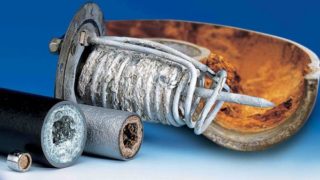
Salt impurities have a negative effect on human health, the condition of tissues and household appliances. Their presence in a liquid can be determined by several signs:
- the appearance of scale on metal dishes, heating devices;
- high consumption of detergents;
- rough structure of the fabric after washing;
- dry skin and hair, irritation or dermatitis, dandruff, itching;
- unpleasant aftertaste;
- overgrowth of the pipeline.
Plaque on the surface of a kettle, heating elements, pipes requires an increase in heating costs, and can lead to breakdown. You have to regularly clean white deposits from mixers, shower heads, plumbing fixtures and tiles. Drinking liquids with salt impurities leads to problems with the kidneys and gastrointestinal tract.
Given the scale of the negative consequences, the installation of filters for softening water from a well in a private house is becoming a vital necessity. To determine the amount of impurities, home tests are carried out or a sample is taken to a laboratory.
Softening methods
Softening of liquid from an autonomous source or water supply is carried out in several ways:
Thermal methods (freezing and boiling)
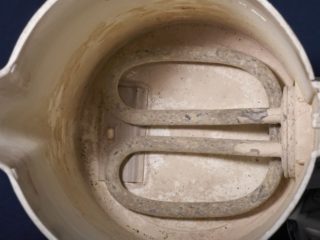
To remove the hardness of water from wells, a thermal method is used. After boiling, bicarbonates decompose. A sediment remains on the walls of the dishes, but the liquid becomes softer. This is an easy way for home use. Simultaneously, it is allowed to get rid of dangerous bacteria and microorganisms.
Freezing also helps to reduce the salt concentration. Ice formation occurs gradually, the liquid that remains around it will have a lot of impurities. It needs to be drained. After thawing, you will get soft moisture. Both methods allow a limited amount of fluid intake to be purified.
Chemical reagents
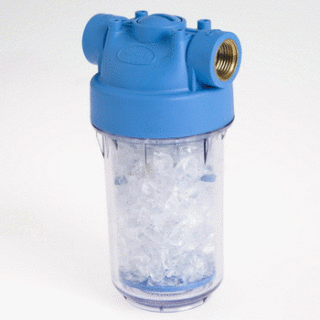
To soften water, chemical additives are used in the form of tablets, powders, concentrates. They are put in washing machines, dishwashers. When dissolved, the reagents soften the liquid. They are not added to drinking water. For these purposes, the available means are used: soda, vinegar, citric acid. Baking soda is added during cooking at the rate of 1 tsp. for 3 liters of water. It is recommended to use acidified liquid for shampooing, removing scale. All chemicals are used in strict dosage.
Industrial filters
The most effective way to reduce the hardness of well water is to install filters. In a country house or dacha, where there is a minimum of household appliances, it is enough to buy a filter jug. A decrease in the concentration of salts occurs when passing through the cartridge. Inside it is filled with zeolite, ion-exchange resin and activated carbon. The cartridge is replaced in 30-40 days. Popular manufacturers of pitcher filters: "Aquaphor", "Barrier", "Geyser", "Brita".
Ion exchange
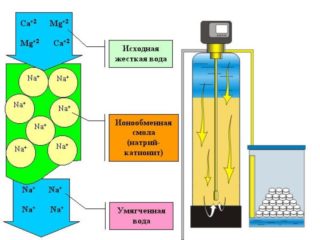
Installations are columns or plastic containers with ion-exchange resin. They allow you to remove calcium and magnesium ions from the liquid, replacing them with sodium ions. The equipment is installed on the pipeline in front of household appliances and prevents the formation of scale. Also, ion exchange filters are part of water treatment. After them, cartridges with activated carbon must be placed. Installations differ in performance and resource size. The filter resin needs to be replaced. In the columns it is periodically regenerated, in small flasks the cartridges are changed.
Reverse osmosis
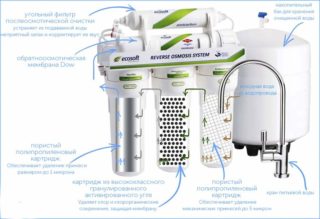
The best filter for softening hard water from a well and improving other parameters is a reverse osmosis system. It is designed to be installed in a water supply system under pressure. The system consists of several filter elements that remove mechanical, organic, mineral impurities and hardness salts. The main cleansing is achieved after passing through the reverse osmosis membrane. A significant disadvantage of the installation is the high price. Among the manufacturers, the following companies are distinguished: Atoll, Barrier, Geyser.
Magnetic filter
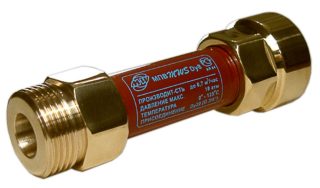
The softener is a magnet embedded in the line. Passing through the filter, metal salts precipitate due to the appearance of new crystallization centers. Compact equipment is installed on any section of the pipe. A thread is used for the connection. The use of a magnet is important in hot and cold water supply systems, heating systems, in front of pumps. Chemical-free converters eliminate limescale deposits in the washing machine and dishwasher.
Electromagnet
One of the softening agents is an electromagnetic installation. The device is controlled by a microprocessor. Powered by electricity. The electromagnetic waves emitted by it destroy the metal salts in the stream and the deposited sediment. Loose impurities are washed out with water. The device is expensive, but it works for several years without requiring maintenance costs.
Purification of water from an autonomous source makes the liquid tasty and healthy. A softener in the filtration system reduces the harmful effects of impurities on household appliances and heating appliances. Removing metal salts has a beneficial effect on the health and appearance of people, and reduces the cost of detergents.

